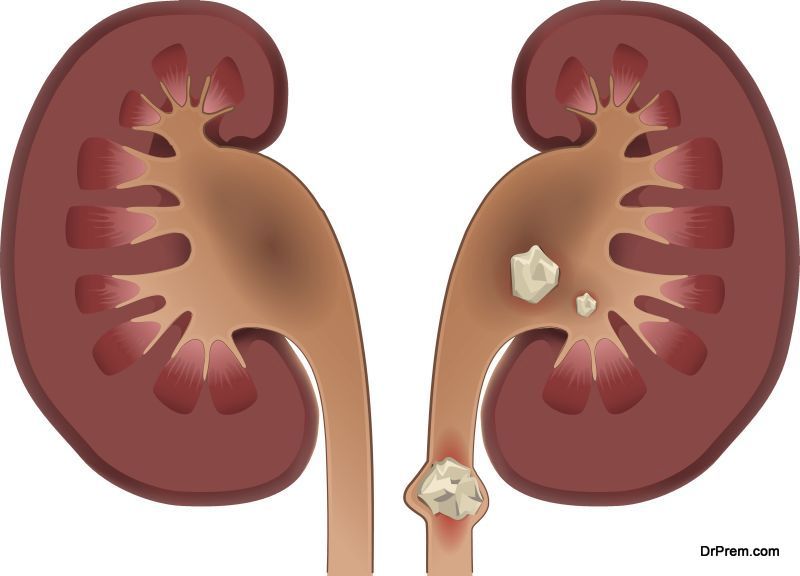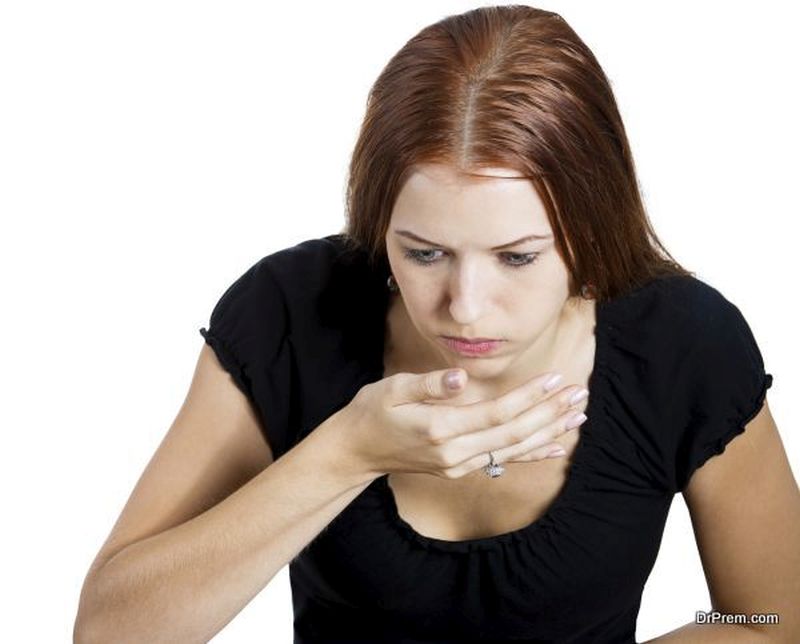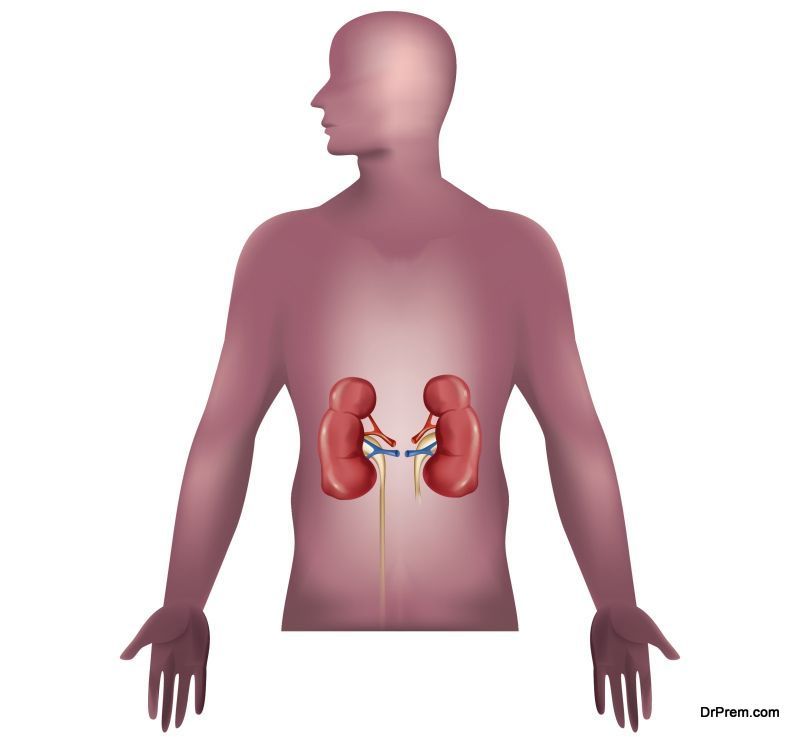You may have never experienced kidney stones before. They are actually hard deposits consisting of salts and minerals that are created within your kidneys.The passing of kidney stones may feel rather painful but usually permanent damage is caused if they are discovered early. You may even develop them because of urinary tract infections (UTIs). If that is the case read this research verified review as it will lead you to finding UTI solutions. If you think you may have kidney stones you need to know the symptoms, namely:
Symptoms:
- Excruciating pain on the side as well as the back which occurs underneath the ribs
- Pain which comes and goes, changing periodically in intensity
- Pain that makes its way to lower parts of the abdomen as well as the groin
- Pain during urination
- Urine that is brown, pink or red
- Urine that smells foul
- Vomiting as well as nausea
- Constantly needing to urinate
- Fever along with chills (if you have an infection)
- Passing small amounts of urine
Causes
Kidney stones are created when there is an excess of crystal-forming substances in your urine (like oxalate, calcium and uric acid) and it is more than the fluid in your urine is able to dilute. In conjunction to that, your urine possibly doesn’t have substances that don’t allow crystals from joining together and this makes way for the best environment allowing kidney stones to be created.
Different Types Of Kidney Stones
- Calcium Stones – These make up the majority of kidney stones. They usually take the form of calcium oxalate.
- Struvite Stones – These appear when there is an infection like a UTI (urinary tract infection)
- Uric Acid Stones – These are formed when people don’t drink enough water or lose a lot of fluid. They are also caused by high protein diets or could even be hereditary.
- Cystine Stones – These occur with people who have a hereditary disorder where the kidneys excrete an abundance of particular amino acids.
Risk Factors
There are factors that heighten your chance of getting kidney stones. These include:
- Obesity – Carrying way too much weight and too much fat around the belly have been known to increase the risk of kidney stones.
- Dehydration – It is well known that any problems you may have with your kidneys will get better through hydration. It’s really important to keep hydrated and flush out toxins otherwise kidney stones may develop. This is very predominant in places in the world with very warm climates where people can get dehydrated quickly.
- Heredity – If this is a common ailment within your family, there is a high chance you will develop it too.
- Certain Diets – Diets that have a lot of protein, sugar and salt offer the chance of developing certain types of kidney stones.
- Digestive Diseases as well as Surgery – Should you suffer from chronic diarrhea, inflammatory bowel disease or have had gastric bypass surgery, changes in your body’s digestive process may occur that will have an influence over your absorption with regards to water as well as calcium. This will lead to an increase in the level at which stone-forming substances will occur inside of your urine.
- Certain other medical conditions, namely:
- Renal Tubular Acidosis
- Hyperparathyroidism
- Certain Medications
- Cystinuria
- Certain UTIs
Just know that if you are experiencing a lot of pain or blood in your urine it is really important to go see the doctor immediately so that he can help you best towards recovery. Don’t forget to keep yourself hydrated and hopefully that will keep kidney stones at bay!
Article Submitted By Community Writer






